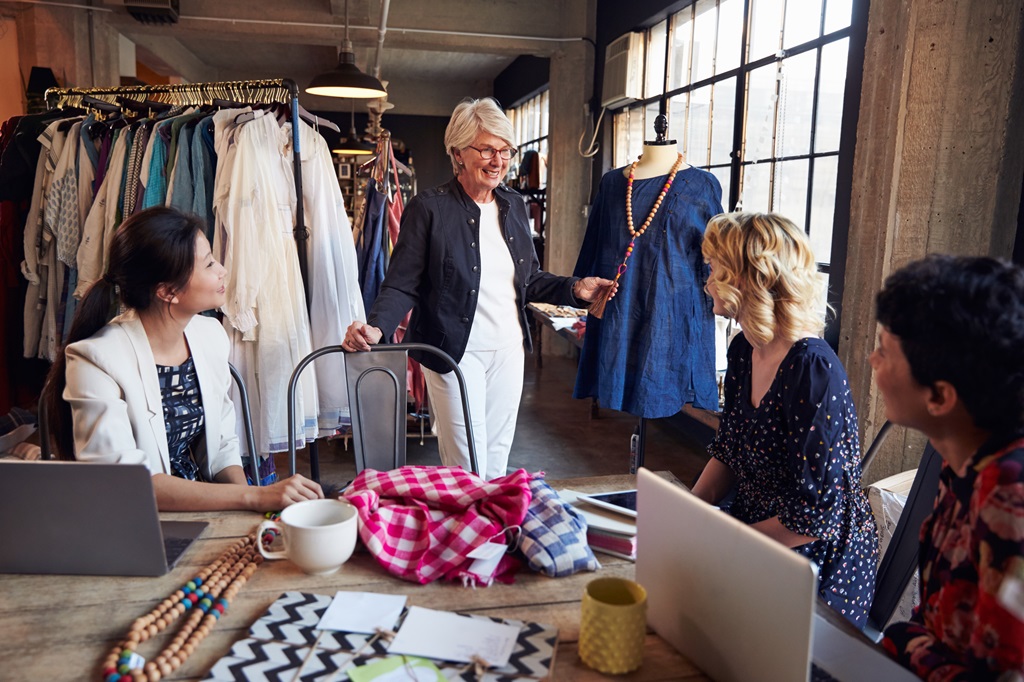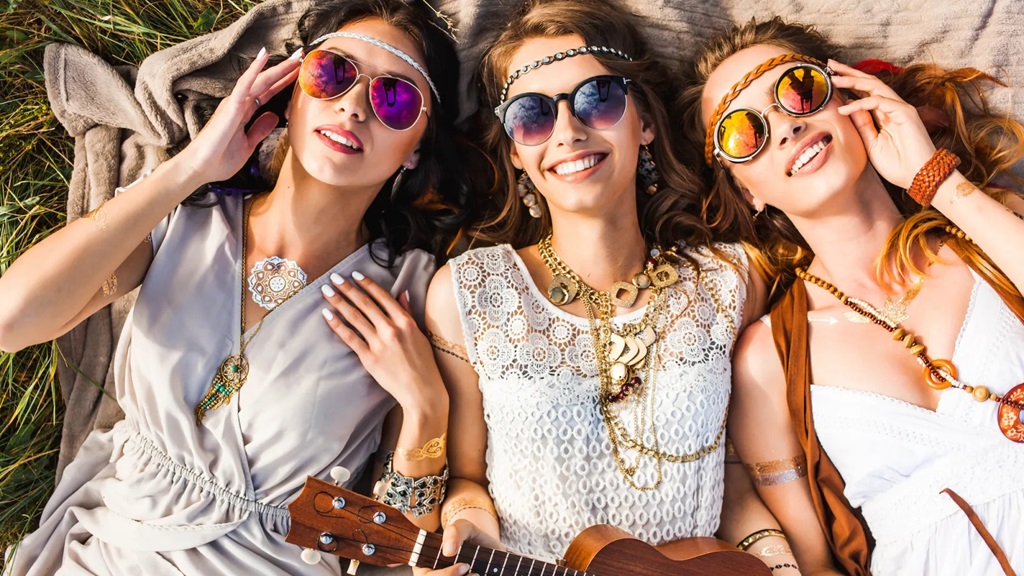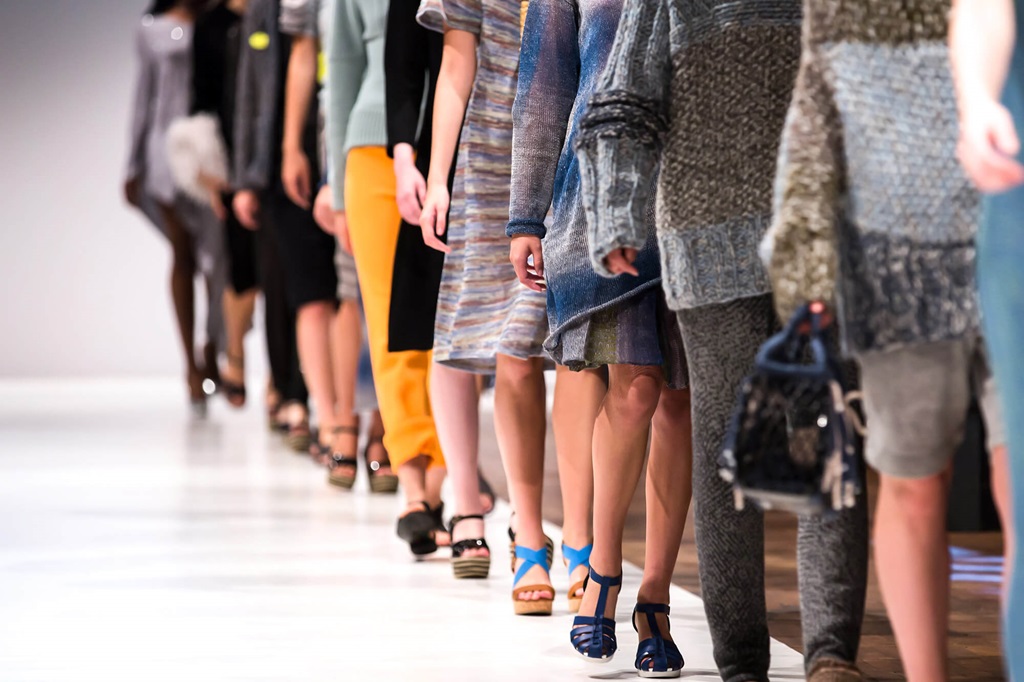
15 Dec Fashion Psychology: How Your Clothing Choices Affect Your Mood
In a world where personal expression takes center stage, the connection between fashion and psychology becomes increasingly intriguing. Fashion psychology delves into the intricate relationship between what we wear and how it influences our moods and emotions. It’s not just about looking good; it’s about feeling good. Let’s explore this fascinating realm and understand how your clothing choices can significantly impact your mood.
The Psychology Behind Colors
Colors have a profound effect on our emotions. Warm colors like red and yellow can evoke feelings of warmth and energy, while cool colors like blue and green tend to have a calming effect. Understanding these color nuances can help individuals tailor their wardrobe to match their desired emotional state.
Personal Associations with Colors
Moreover, our personal experiences and associations with colors play a crucial role. A color that holds positive memories for one person might trigger negative emotions for another. Unraveling these personal color connections adds depth to the psychology behind our clothing choices.
The Influence of Fabric and Texture
The fabrics we choose to wear impact not only our physical comfort but also our emotional well-being. Soft textures can provide a sense of comfort, while rough textures may induce feelings of discomfort or edginess. Exploring these psychological nuances can lead to a more mindful selection of clothing materials.
Comfort and Mood
It’s no surprise that comfortable clothing often translates to a more positive mood. Understanding the psychological connection between comfort and mood allows individuals to strike a balance between style and well-being.
Dress for Success
The age-old saying, “Dress for success,” holds more truth than meets the eye. The clothing we wear can significantly influence our confidence levels and how others perceive us.
Perception and Professionalism
Whether it’s a job interview or an important presentation, dressing appropriately can boost confidence and project an image of professionalism. The psychological impact of dressing for success extends beyond the surface, affecting our mindset and performance.
Expressing Identity Through Style

Clothing serves as a powerful tool for self-expression. Our style choices communicate aspects of our identity, including our cultural background, personality, and values.
Clothing as a Form of Self-Expression
Embracing fashion as a form of self-expression allows individuals to authentically communicate who they are. The psychological satisfaction derived from aligning clothing choices with personal identity contributes to a positive self-image.
Seasonal Changes and Mood Swings
The changing seasons can have a profound impact on our moods, and our clothing choices often reflect these emotional shifts.
Winter Blues and Clothing Choices
During colder months, individuals may experience the “winter blues.” Understanding how clothing can provide both physical warmth and emotional comfort becomes crucial in navigating seasonal mood changes.
Fast Fashion vs. Sustainable Fashion
The fashion industry’s impact on the environment and our mental well-being is a growing concern. Fast fashion, characterized by rapid production and consumption, has psychological consequences that extend beyond the thrill of a trendy purchase.
Psychological Effects of Fast Fashion
Impulse buying and the constant pursuit of the latest trends can lead to buyer’s remorse and a sense of emptiness. Understanding the psychological effects of fast fashion encourages a shift towards more sustainable and mindful consumption.
Social Media Influence on Fashion Psychology
In the digital age, social media plays a significant role in shaping fashion trends and influencing individual choices.
Comparisons and Self-Esteem
Constant exposure to curated images on social platforms can lead to comparisons and affect self-esteem. Acknowledging the psychological impact of social media helps individuals navigate the fine line between inspiration and self-doubt.
The Ritual of Dressing Up

The daily ritual of selecting and donning clothing is a powerful opportunity to enhance mood and set a positive tone for the day.
Morning Routines and Mood Enhancement
Establishing a morning routine that involves intentional clothing choices can contribute to a more positive outlook. The psychological benefits of this ritual extend beyond aesthetics, influencing overall well-being.
Mindful Shopping Practices
Impulse buying often results in clothing items that sit unused in closets, contributing to clutter and dissatisfaction.
Impulse Buying and Regret
Understanding the psychology behind impulse buying and its potential for regret empowers individuals to make more conscious and fulfilling shopping choices.
Adapting to Different Environments
Our clothing choices are not only a reflection of personal style but also a tool for navigating various social and professional environments.
Dress Codes and Behavioral Expectations
Adhering to dress codes can influence how individuals are perceived and accepted in different settings. Understanding the psychology behind dress codes enables effective adaptation to diverse environments.
Fashion Therapy and Well-Being
The therapeutic benefits of fashion extend beyond aesthetics, offering a holistic approach to mental well-being.
Therapeutic Benefits of Fashion
Engaging in fashion therapy, which involves using clothing as a means of self-expression and emotional release, can positively impact mental health. Integrating fashion with mental health practices is an emerging trend with promising results.
Personal Stories and Anecdotes
Real-life stories highlight the profound impact clothing choices can have on individuals’ lives.
Real-Life Experiences
Exploring personal stories and transformative experiences emphasizes the unique and subjective nature of fashion psychology. These narratives resonate on a human level, making the connection between clothing and mood tangible.
The Future of Fashion Psychology

As fashion trends evolve, so does our understanding of the psychological nuances involved.
Evolving Trends
The future of fashion psychology holds exciting possibilities as researchers delve deeper into the interplay between clothing and emotions. Keeping an eye on evolving trends allows individuals to stay attuned to the ever-changing landscape of fashion psychology.
Conclusion
In the intricate dance between fashion and psychology, it’s clear that what we wear goes beyond mere aesthetics. Our clothing choices hold the power to shape our mood, boost our confidence, and express our identity. Embracing the psychological dimensions of fashion allows us to harness its transformative potential for our well-being.
Frequently Asked Questions (FAQs)
Can changing my clothing affect my mood?
Changing your clothing can indeed influence your mood. The psychology behind it involves a complex interplay of color, texture, and personal associations.
How can I use fashion to boost my confidence?
Dressing in a way that aligns with your personal style and makes you feel good can significantly boost confidence. It’s about wearing clothes that empower you.
What are some sustainable fashion choices for a positive impact?
Opting for sustainable fabrics, supporting ethical brands, and practicing mindful consumption are key ways to make positive fashion choices.
Is there a link between social media and dissatisfaction with my wardrobe?
Yes, constant exposure to curated images on social media can lead to unrealistic comparisons and dissatisfaction with one’s wardrobe. It’s important to be mindful of the influence of social media.
How can I practice fashion therapy in my daily life?
Fashion therapy involves using clothing as a tool for self-expression and emotional well-being. Experiment with your wardrobe, explore different styles and pay attention to how it makes you feel.


Sorry, the comment form is closed at this time.